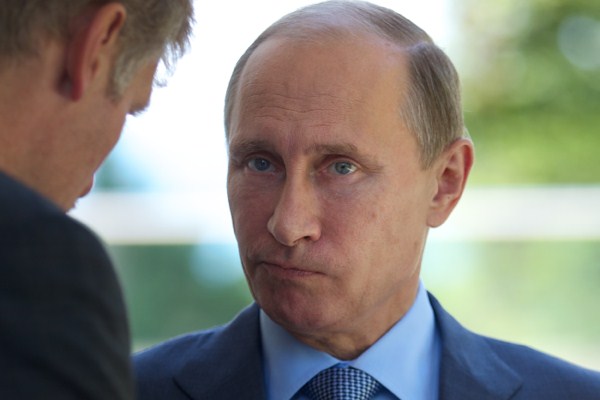Throughout the Ukrainian crisis, Russia has demonstrated a keen appetite for both territory and power. It has shown less concern for international agreements and institutions. While Moscow has largely kept the United Nations out of the conflict, it has permitted the Organization for Security and Cooperation in Europe to monitor the situation on the ground. Even this looks like a mere ploy to deflect Western criticism: Russia has used OSCE peacemaking efforts backed by Germany as a cover for its efforts to destabilize Ukraine, and its proxies in the east of the country have menaced and kidnapped the organization’s observers.
It seems fair to infer that Russia, although always ready to fight for institutional privileges such as its permanent seat on the Security Council, is not deeply invested in the credibility of these security institutions. And its actions in Ukraine are explicitly aimed at rolling back the influence of the European Union and NATO in its near abroad. Addressing the U.N. last month, U.S. President Barack Obama declared that Moscow is currently pursuing “a vision of the world where might makes right.”
Obama challenged Russia to reverse course. Yet many observers believe that it may be necessary to placate Russia with alterations to the international system—or even the creation of new multilateral mechanisms—to recognize its national interests.

